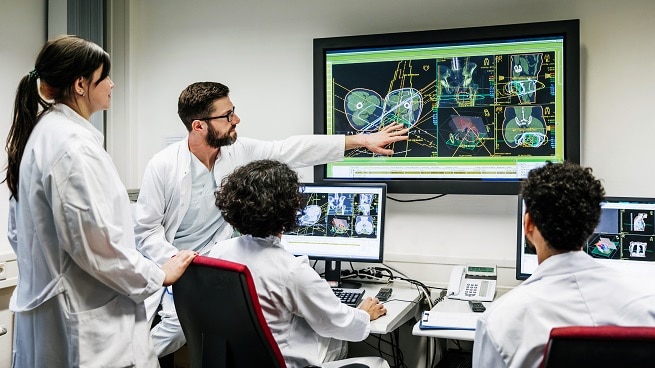How this study can help you
Our IA studies have helped to capture new ideas, stimulate debate, and unlock new opportunities for IA functions to evolve, add value, and remain relevant. The insights shared in this report can help not just IA leaders, but those who rely on IA’s ‘superpowers’ to give them confidence, and help see risk differently.
IA Leaders
- Update or create your IA strategy
- Support case for investment and change initiatives
- Have different conversations with stakeholders on new risks or topics
- Identify ways to achieve better return on investment (RoI) from technology
- Train your IA team and plan your talent strategy
Board and Business Executives
- Generate ideas to maximise the value you get from IA
- Identify blind spots or strategic areas where you may need assurance
- Increase collaboration between first, second, and third line to increase efficiency and effectiveness
- Have different conversations with IA on new risks or topics
Second Line Leaders (Risk, Compliance, etc.)
- Challenge risk coverage based on new or emerging threats
- Identify strategies for collaboration with IA
- Consider data and technology that could be shared or co-developed
- Brief your team on new IA trends and identify opportunities for cooperation in talent models
Five key findings
Our survey highlighted five compelling findings. Each is explored further in this report, focusing on why they matter to IA and its stakeholders, the value to the organisation, and practical tips to address them.

1. Megatrends are creating a complex and interconnected risk multiverse
Recent megatrends are creating risks in new areas that are unprecedented in scale and complexity. IA is uniquely positioned to give the organisation confidence to navigate these challenges and find a new direction—and new opportunities.

2. IA needs more involvement in strategic areas to remain relevant
Driven by increased complexity and higher stakes, business executives are opening the door for IA to help them address more strategic areas. IA can choose to engage differently with its stakeholders to provide new strategic value, or risk becoming irrelevant.

3. IA can be a unifying force
First and second line have ‘levelled up’ their capabilities and response to risk. IA can help combine expertise across the organisation to harness momentum and forge something stronger together.

4. IA’s human ‘superpowers’ are more important than ever
Technology has become exponentially more sophisticated, providing organisations with access to more data and opportunities than ever before. IA must continue to evolve its human capabilities to ensure it can turn data into decisions, build new relationships, and help others to see risk differently.

5. IA can boost its RoI by changing its approach to technology
Technology investment in recent years has not yielded the returns many have expected and the next wave of technology is already here. IA needs to recalibrate its approach and work with others to unlock the potential of technology; but the window is closing fast.
“Whilst today’s world and its risks are more connected than ever, the level of complexity and pace of change can mean it’s hard to focus and see clearly what’s important. Many organisations still have functional silos that are rigid and hard to traverse, information and data that is difficult to access or trust, and communication gaps that are behavioural and tough to change. Together, these create ‘walls’ that restrict agility, stifle innovation, and limit the power of working as one organisation. The interwoven themes explored in this study will show that IA’s objectivity and ability to ‘connect the dots’ means that it has the potential to ‘see through’—and ultimately break down—these walls, to create new value, and give its stakeholders the confidence to navigate the risk multiverse.”
Shaun Willcocks,PwC Global Internal Audit LeaderPioneers leading the way
Throughout this report we will refer to a group of respondents we call ‘Pioneers’. The group, which represents 8% of respondents, was identified based on three characteristics: (1) they are very effective at raising significant risks and challenges the organisation has not yet considered, (2) they are in the top quartile for percentage of effort spent on strategic risk areas, and (3) they are in the top quadrant for percentage of work effort delivered using innovative and agile methods.
The Pioneer group is small, but this reflects the nature of pioneers—those that break new ground. It is also a reality of a more globalised and connected world—standing out and being seen becomes harder, both for IA, and organisations as a whole. Our data shows that Pioneers stand out from their peers in a number of dimensions, including the number of strategic risks they cover, the outcomes they are achieving from technology investments, and confidence that they have the right talent now and in the future.









